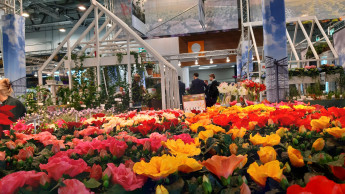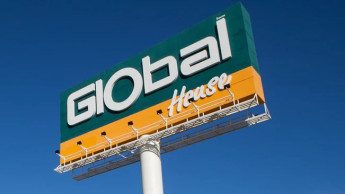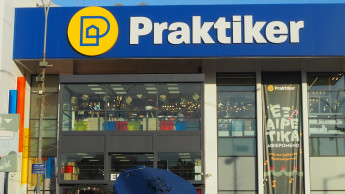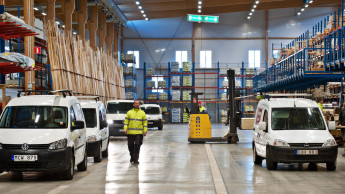

deep insights, facts & figures

A new “green” store in Austin is competing with two giant home centre chains. Its four basic concepts are health, sustainability, performance and corporate responsibility
Are there enough consumers and contractors today concerned about the sustainability of products – the so-called “green” movement – to support a retail store whose entire focus is on offering such products? Tree House, a new store in Austin, the capital city of Texas, which opened in late October 2011, is pinning its future on the answer to that question. In Austin it is competing with more than a dozen giant conventional home centres operated by Home Depot and Lowe’s, plus other independent hardware, lumber and home centre retailers. Austin should be a good market in which to conduct the test inasmuch as it is home base for Whole Foods, a major U. S. supermarket chain whose entire emphasis is on natural and organic foods. It operates four units in Austin. Tree House is a 2 500 m² store occupying a former Borders book store, located in a shopping centre in the southern part of the city. It is one-quarter the size of its two giant competitors and its 15 000 stock-keeping units are also about one-fourth as many as the giants carry – and less than an average hardware store stocks. But there is no comparison with the two giants insofar as merchandising and marketing are concerned. Tree House’s focus is entirely on educating the customer about products and projects. At the heart of the store is an interesting Idea Centre, and each department includes an Education Station to inform customers about the products surrounding it as well as how to use them in DIY projects. It differs in many ways from most other hard lines retailers: it doesn’t have the plain warehouse look of Depot or Lowe’s, it stresses the knowledge and expertise of its employees, perhaps even more than service-oriented hardware stores... Some of its product presentations often parallel those of high-end specialty retailers. And everywhere one looks, there are educational efforts – kiosks, videos, literature. Key departments include paint, floor and wall coverings, plumbing, cleaning and storage, hardware and tools. It is too early, officials say, to determine which will be the most important categories. Educational efforts are ongoing, with the store conducting consumer classes three times a week. Often these include hands-on workshops. “While our basic departments may sound similar to those of our competitors – plumbing, electrical, etc,” says Kevin Graham, vice president of marketing, “our products are different because in most cases they are sustainable.” Signs, marketing materials and the…
Related articles
Read also

 Menü
Menü












 Newsletter
Newsletter